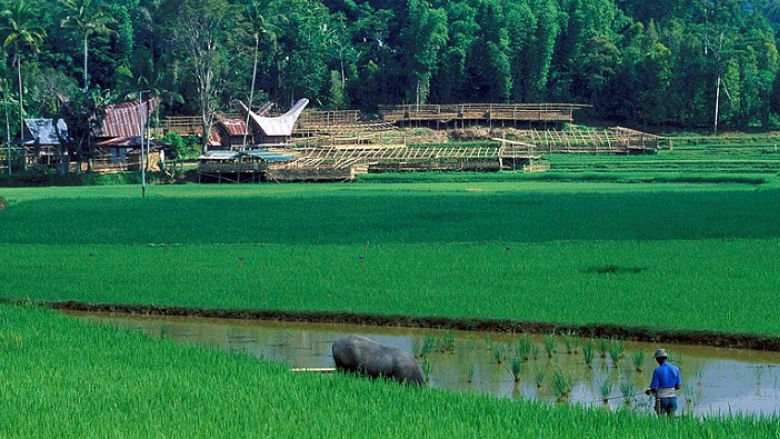Agriculture Finance and Gender
Women in rural areas, and in particular female farmers, have significantly less access to financial services compared to their male counterparts. In particular, female farmers tend to have inadequate access to formal savings and credit which limits their ability to manage shocks and invest in seasonal inputs or into durable goods and productive assets. It is estimated that closing the gender gap in access to productive assets could lead to a 20-30% yield increase per household, which would not only benefit female farmers, but their entire family[1]. Amongst the main issues that keep financing away from the reach of women farmers is the fact that women tend to be time and mobility constrained thus requiring easy access to financial products that are tailored to their demand. In addition, financial services need to be adapted to the characteristics of the different segments of women, as their economic activities and role can vary significantly depending on age, culture, and access to technology. Suitability, ease of use, and convenience are amongst important determinants for women in agriculture to access finance.
Expertise and actions:
- Designing and conducting diagnostics of agriculture finance market including financial access among female farmers
- Mainstreaming gender aspects in the agri finance policy dialogue and design
- Providing technical assistance to financial institutions to expand their outreach to female farmers
Agriculture Finance and FCVs
FCV countries suffer from a wide range of difficulties including insecurity, fragile and volatile political situations, macroeconomic instability, low institutional capacity, and a weak enabling environment for private businesses. Agriculture is in most FCV countries a sector that is highly relevant to ensure food security, the employment of large segments of the population and a significant driver for economic development. Given the diversity of situations and challenges in the FCV countries, there is a need for a tailored approach to agriculture finance. Well-designed smart agriculture finance services can play a pivotal role in improving and stabilizing agricultural incomes and rural households in FCVs. For example, access to credit can help farmers deal with the consequences of climate change by investing in drought-resistant seeds, irrigation equipment and greenhouses that can contribute to improve farmers�� income and resilience. Credit can also transform the rural economies of FCVs by helping farmers move out of subsistence agriculture and diversify their sources of income. In addition, access to suitable savings, insurance and payments products can also help manage the negative impacts that follow the fluctuation of production as well as of prices in the agricultural markets.
Expertise and actions:
- Designing and conducting diagnostics of agriculture finance market in FCV countries
- Assisting the government to design and execute agriculture finance policies
- Providing technical assistance to develop and strengthen public and private institutions





